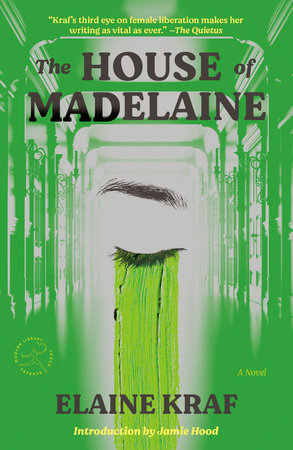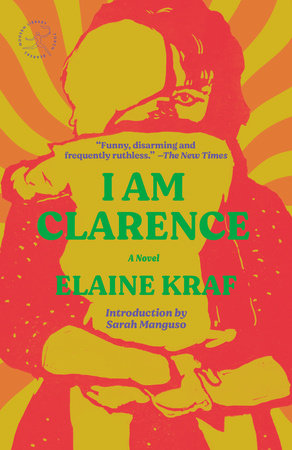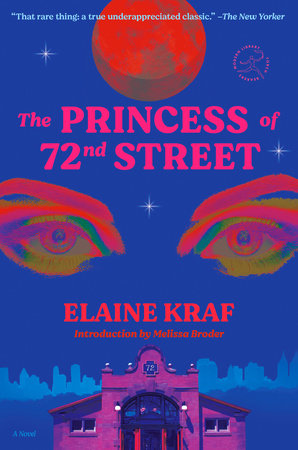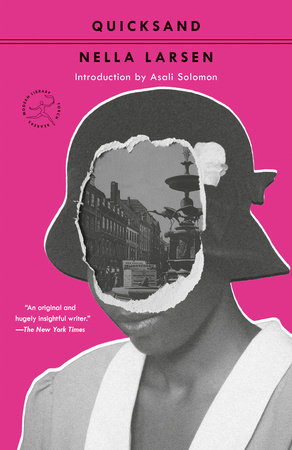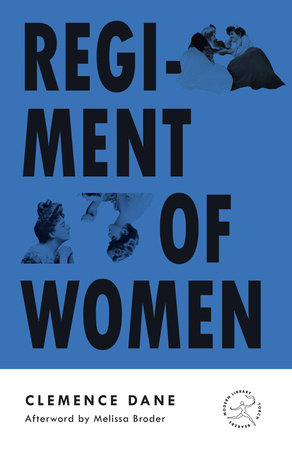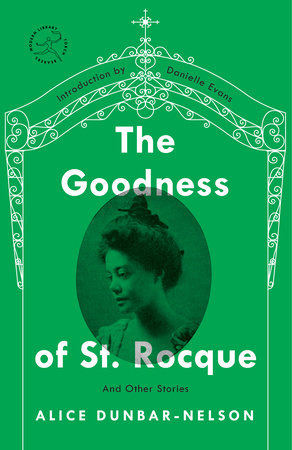Excerpt
The Squatter and the Don
Chapter 1
Squatter Darrell Reviews the Past
“To be guided by good advice, is to profit by the wisdom of others; to be guided by experience, is to profit by wisdom of our own,” said Mrs. Darrell to her husband, in her own sweet, winning way, as they sat alone in the sitting room of their Alameda farm house, having their last talk that evening, while she darned his stockings and sewed buttons on his shirts. The children (so-called, though the majority were grown up) had all retired for the night. Mr. and Mrs. Darrell sat up later, having much to talk about, as he would leave next day for Southern California, intending to locate—somewhere in a desirable neighborhood—a homestead claim.1
“Therefore,” continued Mrs. Darrell, seeing that her husband smoked his pipe in silence, adding no observations to her own, “let us this time be guided by our own past history, William—our experience. In other words, let us be wise, my husband.”
“By way of variety, you mean,” said he smiling. “That is, as far as I am concerned, because I own, frankly, that had I been guided by your advice—your wisdom—we would be much better off to-day. You have a right to reproach me.”
“I do not wish to do anything of the kind. I think reproaches seldom do good.”
“No use in crying over spilt milk, eh?”
“That is not my idea, either. On the contrary, if by ‘milk’ it is meant all or any earthly good whatever, it is the ‘spilt milk’ that we should lament. There is no reason to cry for the milk that has not been wasted, the good that is not lost. So let us cry for the spilt milk, by all means, if by doing so we learn how to avoid spilling any more. Let us cry for the spilt milk, and remember how, and where, and when, and why, we spilt it. Much wisdom is learnt through tears, but none by forgetting our lessons.”
“But how can a man learn when he is born a fool?”
“Only an idiot is, truly speaking, a born fool; a fool to such a degree that he cannot act wisely if he will. It is only when perversity is added to foolishness, that a being—not an idiot—is utterly a fool. To persist in acting wrongfully, that is the real folly. To reject good counsel, either of one’s own good thoughts or the good thoughts of others. But to act foolishly by deciding hastily, by lack of mature reflection, that I should only call a foolish mistake. So, then, if we have been foolish, let us at least utilize our foolishness by drawing from it lessons of wisdom for the future. We cannot conscientiously plead that we are born fools when we see our errors.”
Mr. Darrell smilingly bowed, and with a voice much softer than his usual stentorian tones, said:
“I understand, little wife, but I fear that my streak of perversity is a broad one, and has solely been the bane of my life; it has a fatality accompanying it. I have often seen the right way to act, and yet I have gone with my eyes wide open to do the wrong thing. And this, too, not meaning to do harm to any one, nor wishing to be malicious or mean. I don’t know what power impelled me. But if you will forgive my past wickedness, I’ll try to do better.”
“Don’t say that. Don’t speak of your wickedness, for real wickedness is perversity. You have acted wrongly at times, when you have misapplied your rights and the rights of others, but you have not intentionally done wrong. You are not perverse; don’t say that.”
“In a few days it will be twenty-four years since we crossed the plains with our three babies, in our caravan of four wagons, followed by our fine horses and choice Durham cows. I firmly believed then, that with my fine stock and my good bank account, and broad government lands, free to all Americans, I should have given you a nice home before I was five years older; that I would have saved money and would be getting more to make us rich before I was old. But see, at the end of twenty-four years, where and how do I find myself? I am still poor, all I have earned is the name of ‘Squatter.’2 That pretty name (which I hate because you despise it) is what I have earned.”
“Don’t say that either, William. We will only recommence one of numerous fruitless discussions. We are not poor, because we have enough to live in comfort, and I do not despise the name of Squatter, for it is harmless enough, but I do certainly disapprove of acts done by men because they are squatters, or to become squatters. They have caused much trouble to people who never harmed them.”
“They, too, the poor squatters, have suffered as much distress as they have caused, the poor hard-worked toilers.”
“That is very true, but I am afraid I shall never be able to see the necessity of any one being a squatter in this blessed country of plentiful broad acres, which a most liberal government gives away for the asking.”
“That’s exactly it. We aren’t squatters. We are ‘settlers.’ We take up land that belongs to us, American citizens, by paying the government price for it.”
“Whenever you take up government land, yes, you are ‘settlers,’ but not when you locate claims on land belonging to any one else. In that case, you must accept the epithet of ‘Squatter.’ ”
Darrell set his teeth so tightly, that he bit a little chip off his pipe. Mrs. Darrell went on as if she had not observed her husband’s flash of irritation.
“But I hope we will never more deserve such name; I trust that before you locate any homestead claim in Southern California, you will first inform yourself, very carefully, whether any one has a previous claim. And more specially, I beg of you, do not go on a Mexican grant3 unless you buy the land from the owner. This I beg of you specially, and must insist upon it.”
“And how am I to know who is the owner of a rancho4 that has been rejected, for instance?”
“If the rancho is still in litigation, don’t buy land in it, or if you do, buy title from the original grantee, on fair conditions and clear understanding.”
“I don’t know whether that can be done in the Alamar rancho, which I am going to see, and I know it has been rejected. But of one thing you can rest assured, that I shall not forget our sad experience in Napa and Sonoma valleys,5 where—after years of hard toil—I had to abandon our home and lose the earnings of years and years of hard work.”
“That is all I ask, William. To remember our experience in Napa and Sonoma. To remember, also, that we are no longer young. We cannot afford to throw away another twenty years of our life; and really and truly, if you again go into a Mexican grant, William, I shall not follow you there willingly. Do not expect it of me; I shall only go if you compel me.”
“Compel you!” he exclaimed, laughing. “Compel you, when you know I have obeyed you all my life.”
“Oh! no, William, not all your life, for you were well grown before I ever saw you.”
“I mean ever since I went to Washington6 with my mind made up to jump off the train coming back, if you didn’t agree to come North to be my commandant.”
“I don’t think I have been a very strict disciplinarian,” she said, smiling. “I think the subaltern has had pretty much his own way.”
“Yes, when he thinks he might. But when the commandant pulls the string, by looking sad or offended, then good-by to the spirit and independence of the subaltern.”
“One thing I must not forget to ask you;” she said, going back to the point of their digression, “and it is, not to believe what those men have been telling you about the Alamar rancho having been finally rejected. You know John Gasbang could never speak the truth, and years have not made him more reliable. As for Miller, Hughes and Mathews, they are dishonest enough, and though not so brazen as Gasbang, they will misrepresent facts to induce you to go with them, for they want you with them.”
“I know they do; I see through all that: But I see, too, that San Diego is sure to have a railroad direct to the Eastern States.7 Lands will increase in value immediately; so I think, myself, I had better take time by the forelock and get a good lot of land in the Alamar grant, which is quite near town.”
“But, are you sure it is finally rejected?”
“I saw the book, where the fact is recorded. Isn’t that enough?”
“Yes, if there has been no error.”
“Always the same cautious Mary Moreneau, who tortured me with her doubts and would not have me until Father White took compassion on me,” said he, smiling, looking at her fondly, for his thoughts reverted back to those days when Miss Mary was afraid to marry him; but, after all, he won her and brought her all the way from Washington to his New England home.
William Darrell was already a well-to-do young farmer in those days, a bachelor twenty-eight to thirty years of age, sole heir to a flourishing New England farm, and with a good account in a Boston bank, when Miss Mary Moreneau came to New England from Washington to visit her aunt, Mrs. Newton. As Mrs. Newton’s husband was William Darrell’s uncle, nothing was more natural than for Mary to meet him at his uncle’s house. Nobody expected that William would fall in love with her, as he seemed to be proof against Cupid’s darts. The marriageable maidens of William’s neighborhood had in vain tried to attract the obdurate young farmer, who seemed to enjoy no other society than that of his uncle Newton and his wife.
But Mary came and William surrendered at once. She, however, gave him no encouragement. Her coldness seemed only to inflame his love the more, until Miss Moreneau thought it was best to shorten her visit and return home about the middle of September.
“Why are you to return home so early?” Darrell asked Mary, after Mrs. Newton had informed him of Mary’s intention of going.
“Because I think it is best,” she answered.
“Why is it best?”
“For several reasons.”
“May I be permitted to ask what are those reasons?”
“Certainly. One reason is, that as I came to see my aunt and at the same time to rest and improve my health, and all those objects have been accomplished, I might as well go home. Then, my other aunt, with whom I reside, is not feeling well. She went to spend the summer in Virginia, but writes that her health has not improved much, and she will soon come back to Washington. Then some of my pupils will want to recommence their lessons soon, and I want to have some little time to myself before I begin to work. You know, Mr. Darrell, I teach to support myself.”
“Yes, only because you have a notion to do it.”
“A notion! Do you think I am rich?”
“No, but there is no need of your working.”
“It is a need to me to feel independent. I don’t want to be supported by my aunts, while I know how to earn my own living.”
“Miss Mary, please, I beg of you, let me have the happiness of taking care of you. Be my wife, I am not a rich man, but I have enough to provide for you.”
“Mr. Darrell, you surprise me. I thank you for the compliment you pay me with your honorable offer, but I have no wish to get married.”
“Do you reject me, Miss Mary? Tell me one thing; tell me truly, do you care for any one else?”
“No, I care for nobody. I don’t want to marry.”
“But you will marry some time. If you knew how very miserable you make me, I think you would not have the heart to refuse me.”
“You will get over it. I am going soon. Forget me.”
Darrell made no answer. He staggered out of the room and did not return until the following week, when Mary had left for Washington, accompanied by Letitia, her colored servant (called Tisha), who was devotedly attached to her.
Darrell had become rather taciturn and less sociable than ever, Mrs. Newton noticed, and since Mary left he seemed to lose flesh and all his spirits, and passed the winter as if life were a burden to him. But when spring came, he brightened up a little, though he felt far from happy. About that time Mrs. Newton had a letter from Mary, saying that she was going to spend vacation in Maryland with her other aunt, and Tisha for her escort.
“She don’t come here, because she fears I shall pester her life with my visits. As she knows I can’t keep away from her, she keeps away from you. She hates me. I suppose you, too, will take to hating me, by and by,” said Darrell, when he heard that Mary was not coming that summer.
“No danger of that, William,” Mrs. Newton replied.
“Yes, there is. You ought to hate me for driving her away. I hate myself worse than I hate the devil.”
“William, you mustn’t feel so. It isn’t right.”
“I know it. But when did I ever do anything right, I’d like to know? I wish I could hate her as I hate myself, or as she hates me.”
“William, she does not hate you.”
“How do you know she don’t?”







